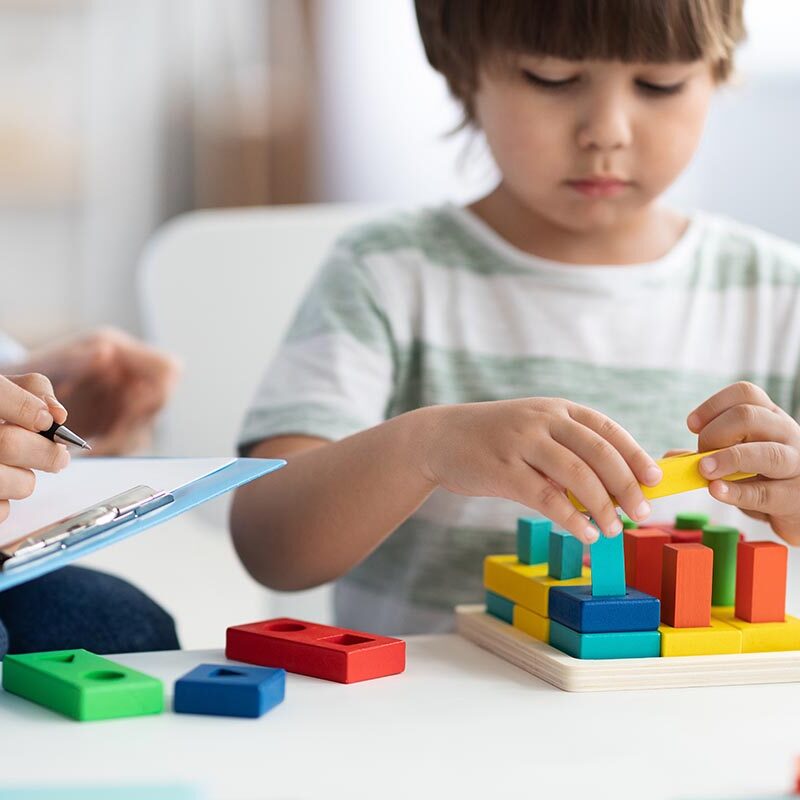Neurodevelopmental Assessments
Ages 0-4
Dr. Erickson also conducts neurodevelopmental assessments including early infant assessments when there are concerns about potential cognitive, language, and motor delays. This evaluation would be conducted if the child is failing to meet early developmental milestones or presents with early risk factors such as preterm birth, early exposure, and early medical history such as Cerebral Palsy
How Neurodevelopmental Assessments Can Help
Our neurodevelopmental assessments provide valuable insights into your child's unique needs by monitoring social, cognitive, language, and motor development. These assessments help guide early interventions and can help to support optimal development.
Experience with Neurodevelopmental Assessments for Infants and Toddlers
Dr. Erickson has clinical training and work experience conducting neurodevelopmental assessments with infants and toddlers. This includes providing evaluations through craniofacial clinics, cardiology clinics, and as part of a multidisciplinary post-NICU clinic. These assessments help guide early interventions and support optimal development.
What to Expect in Our Assessments
FAQs
Early developmental assessments are crucial for identifying risks and implementing early interventions. Early identification of developmental issues allows for timely support, which can significantly improve outcomes in social, cognitive, language, and motor development.
Please bring any relevant medical and educational records, as well as any previous assessments or reports. This information helps us provide a thorough evaluation. It is also recommended that you bring along any comfort items, such as a favorite toy, snack (e.g. puffs), sippy cup, or blanket, to help them feel at ease.
To help your child feel comfortable, ensure they are well-rested and have had a meal before the assessment. With toddlers, explain to them in simple terms that they will be meeting a doctor who will play some games and have them show off their walking and talking skills.
It's normal for young children to feel a bit anxious or uncooperative in new situations. If this happens, we will take breaks as needed and use strategies to help them feel more comfortable.
The assessment process typically takes a couple hours, including breaks. We aim to complete the assessment in one session, but it may be necessary to schedule additional sessions depending on your child's needs and comfort level.
Yes, parents are usually allowed to stay with their child during the assessment. Your presence can help your child feel more secure and comfortable.
You will receive clinical feedback on the day of the assessment. A detailed written report will be provided within a few weeks, summarizing the findings and recommendations for interventions, accommodations, and support.
Unlock Your Child's Potential Today!
Ready to pave the way for your child’s happier and brighter future? Our tailored assessments will help uncover your child’s unique strengths and areas for growth, providing the tools needed for success. Contact us to get started today!

